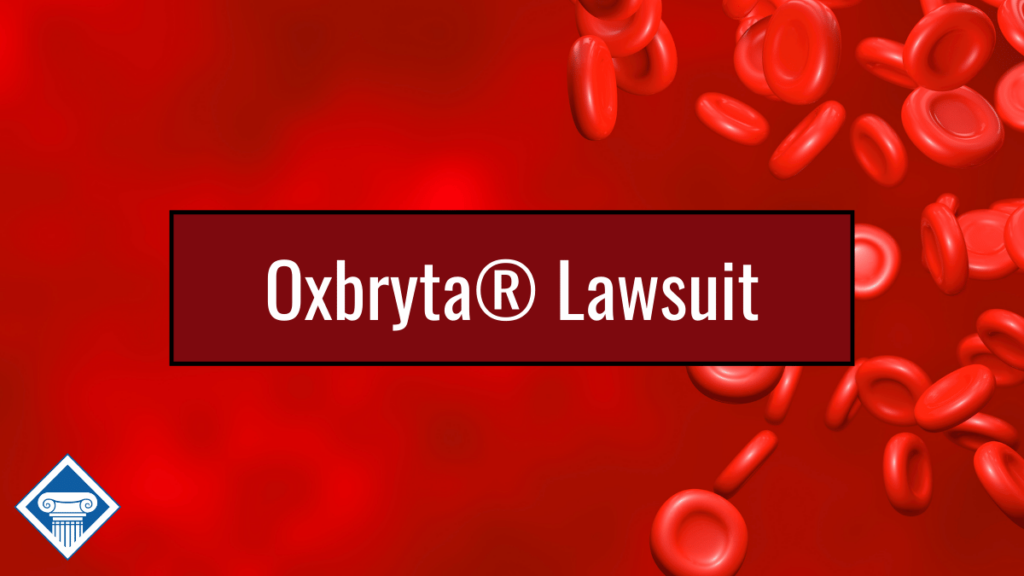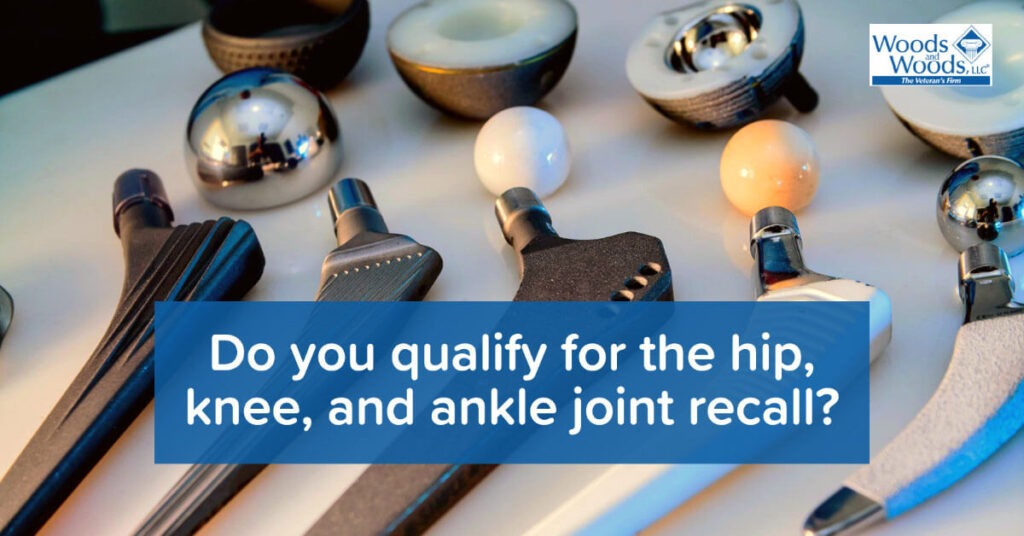“My name is Lori Underwood and I’m a VA disability attorney at Woods & Woods.
“Veterans are obviously big on duty. They have given their life for their country and served their duty, but that duty follows them to their home and into their family. So, I can imagine the emotional impact is great if you aren’t able to help put enough food on the table or get your family to the doctor if needed, not to mention the financial burden of a lack of an earner in the household.”
What is the VA benefit for veterans who can’t work?
“TDIU stands for total disability based on individual unemployability. People refer to it as IU, unemployability, or TDIU. It’s all the same thing. It is intended to compensate a veteran who’s unable to work because of their service-connected disabilities and who is not receiving compensation at the 100% rate. So, if the VA acknowledges that IU is warranted because of service-connected limitations, it will compensate the veteran at the 100% rate.”
When do veterans realize they aren’t able to work?
“I think the circumstances for veterans that find themselves unable to work are about as unique as the individual.
“A lot of them probably discharge from service with every intention of going back into the workforce, but because of disabilities they picked up through their service, they find they’re not able to work immediately from discharge. So, those people may be completely out of the civilian workforce and unable to return from the time that they discharge.
“There are others who come out of service with some ailments, either physical or mental, that are not a the severity that keeps them out of the workforce, and they’re able to go back to work. They may work for years or just a short period of time before they learn that whatever their problems are, they are not going to allow them to work gainfully as a part of society.
“I also think there are those who discharge from service with no ailments on their radar at all and they work for many years before something that actually onset during service rears its head. Or a condition they may have discharged with which seemed like minor problems at that time has snowballed into other things. As years go on, those issues reach the severity where the person has to take an early retirement or is just no longer able to be a part of the workforce.”
What factors make it hard for veterans to work?
“It might just be physical disabilities that result in veterans taking time off because of pain, the inability to get out of bed, or side effects of medications for those disabilities that causes absenteeism. And then that absenteeism leads to tardiness, which results in disciplinary action or an inability to make it to work on a full-time basis, which we know most employers won’t support.
“It could also be mental issues, emotional issues, or the inability to get along with others that could result in this same type of absenteeism from the workplace. And all of that is apart from just actually physically being able to do your job.”
Who qualifies for TDIU?
“To qualify for IU, you are first going to need to be service connected for limitations that prevent you from working. So, you’re going to need to be eligible for VA disability compensation. You’ll have to have a character of discharge that allows for that. A bad discharge would not allow for compensation for benefits. You also need to demonstrate to the VA that you can’t work because of your service-connected limitations.
“Now, the VA has what they consider schedular unemployability, and to meet schedular requirements, you need a combined rating of 70% with one disability rated at 40%. You can also meet that schedular requirement by having a single disability rated at 60%. So, those are the two ways in which you’ll meet schedular requirements for unemployability.
“You can achieve an award of IU without meeting those requirements and that’s called extraschedular. It is, in my experience, a little harder to win because it does go through more review through the VA, but it’s not impossible.”
Can you work and still receive TDIU?
“IU is intended to compensate veterans who can’t work because of their service-connected problems, and who also aren’t receiving compensation at the 100% rate. So, a veteran cannot work substantially gainful employment and receive IU. If you can work, IU is just not for you.
“Now, I said ‘can’t work substantially gainful employment.’ So, there are certain circumstances in which a veteran may have income from work if it’s what is considered marginal employment. So, the VA has accepted marginal employment and still awarded IU in certain circumstances. They’ve also accepted passive income and awarded IU. We have done a video on passive income, what that is, and a little more detail on that, but some examples of that would be dividends from stock options or rental property income on a property you don’t manage or maintain.
“The VA also will accept social security benefits without preventing an award for IU. We’ve also done a video on that with further information.
“So, in addition to marginal employment, a veteran may also be working, but working with accommodations, in an environment accommodated to meet their limitations, or in a sheltered work environment because of their service-connected limitations. We have done a video on this that you can refer to for further information. Those types of scenarios have also been acceptable while receiving unemployability benefits.”
“The firm got me to 70%, and I was happy. Individual unemployability was awarded to me and to this day I’m so grateful. My future is no longer bleak. These people work very hard for you.“
How to apply for TDIU
“The VA has a form for applying for IU. It’s VA form 21-8940, otherwise known as the IU app. So, the veteran can complete that, submit it to the VA, and that’s a claim for IU. IU can also be ‘inferred’ if you are appealing for an increased rating and the conditions contribute to your inability to work.
“Once you start pursuing a claim for IU, they’re probably going to schedule you for exams for your service-connected conditions, and they may ask the examiner to look into and report on how those conditions impact your ability to work. That’s what they’re trying to assess.
“They’re also probably going to ask you questions about your income, your prior work, and may request information from your prior employers as well.”
What should I know before applying?
“The VA processing speeds are rather slow. So, it’s not only the time it takes to develop that claim and the evidence that is needed to award your benefit, but also time to navigate through the VA claims processing.
“It can sometimes take years to reach an award of IU, but the financial benefit for the veteran would be the back pay that may accumulate during those years. Depending on the effective date of your IU award, back pay can accumulate to up to tens of thousands of dollars or more.
“Obtaining an award for unemployability can be difficult because a lot of times the information the VA needs to make that award is not initially in front of them.
“There are times in which you might have to do some development to prove that benefit as well. So, hiring an attorney can be helpful to that process, and maybe even necessary for a lot of people.”
How Woods & Woods can help
“We’ve helped veterans with unemployability in their 20s, in their 30s, in their 60s, in their 70s, and everywhere in between. Sometimes there are children in the home. Sometimes it’s just a spouse. Sometimes it’s just the veteran, and then you’re the only financial support for yourself. So, that’s going to be devastating on any level.
“The award of IU can make a huge impact for you and your family, even if it’s just putting food on the table or trying to pay your mortgage. If you’re a veteran who has questions about appealing a denied claim or filing a new claim, call Woods & Woods for a free consultation.”
Talk to Us About Your Claim:
(812) 426-7200









